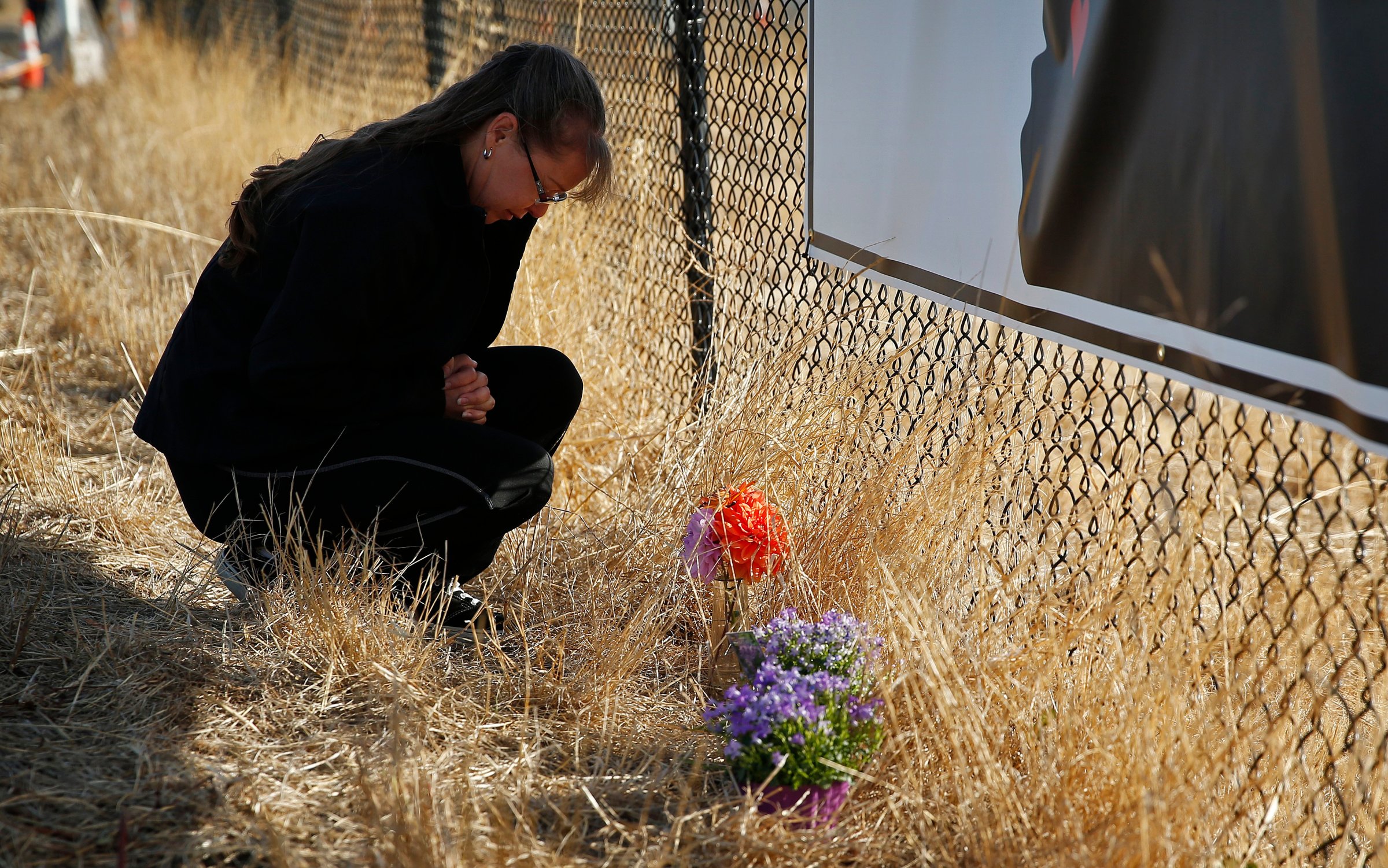
In Oregon, a deeply troubled, severely depressed, and anti-social young man legally purchased 14 lethal weapons, hundreds of rounds of ammunition, and a steel-plated bulletproof jacket. On October 1, he used some of those deadly items to shoot 16 students and faculty members, nine of whom died, at Umqua Community College. According to one survivor, he demanded his victims identify themselves religiously, and may have targeted Christians in particular.
In the wake of the 45th campus shooting this year, some voices are crying out for students and instructors to carry weapons on campus. So, instead of having one troubled soul armed to the teeth, there may be several, and, instead of bullets flying in one direction, they would be flying in all directions. Classrooms are no place for anybody to have to duck a fusillade of bullets shot by mostly amateurs. If military officers die by friendly fire on the battlefield, what are the chances of students dying by friendly fire on a campus?
As a minister, I look at the devastating event in Oregon not from a legal viewpoint, but from a religious one. It’s really of no interest to me whether or not the perpetrator in this incident had a constitutional right to own the instruments that allowed him to mow down a dozen people within seconds, while, perhaps, using his body armor to shield himself from being shot by police. I don’t really care if he knew how to properly use his weapons or not, or if he had proper licenses for them. My interest is in how he used them for evil, which leads me to the question of how to stop the next miscreant from acquiring the same kind of killing arsenal.
Ending campus killings like Umpqua will require something better than adding to the deadly firepower; it will take more than denunciations and sloganeering. A true, lasting, and effective solution to this agonizing problem will require the deepest form of moral and ethical reflection, followed by the most responsible and selfless of actions.
This is why I am calling on clergy and other Christian leaders to respond immediately and positively to this challenge. We have been conspicuously silent on this monstrous threat to the well-being of people under our care—and to the wider circle of neighbors whom we are charged to love as we love ourselves. Statistically, as many as 40% of our congregants and members own firearms and may use them to kill another person, either in perceived self-defense, or, for a worse reason.
We must offer them pastoral guidance. The time is now for spiritual leaders to help the souls under their care, and the communities in which they serve, through a process of discernment on the questions of who should and should not have access to mass killing power.
Young people being gunned down in their schools—by other young people who are not mentally or emotionally competent to handle lethal firepower—is a moral catastrophe for our culture. The 45th school shooting this year cannot simply be the prelude to the 46th. The last dead student cannot just be the one before the next dead student. These horrendous events signal a social emergency that demands our complete focus—and faith leaders are in a unique position to help discover a way out of the danger.
Special interest groups will always be able to interpret the data on gun violence in schools the way they want it to come out. Politicians will always conduct the debate in a way that is in their best electoral interests. On the other hand, religious leaders should always be concerned only with the truth, with right and wrong, and with the well-being of others.
Surely, religious leaders can find a better answer to these life-threatening scenarios than, “Well, there’s nothing we can do about it.” And surely they have a better resolution to classroom carnage than, “The constitution protects his right to keep and bear arms.” We must tell college students that society can do more to ensure their safety than to encourage guns on campus, thereby consigning them to the uncertain outcome of a shoot-out. Religious leaders know this and must be courageous enough to say it.
Pastors, rabbis, imams, priests can help formulate ways to detect and intervene in mental health crises; they can give ethical guidance to firearms manufacturers, gun sellers, gun owners, and even police officers; they can help build a groundswell of moral consensus that can sway the most cynical of actors; and, of course, they can lead even the most darkened of human hearts to miraculous change.
My hope and prayer is that churches will be joined by synagogues, mosques, temples, and other centers of religious reflection in leading the way toward bold, unbiased, realistic, and effective solutions to the problem of dangerous people acquiring dangerous weapons and using them against those we are charged with protecting and nurturing. There is no template or guidebook for this exercise, apart from prayer and the Holy Scriptures we regularly turn to, and the time to do both on the question of schoolhouse gun violence is now.
May God help us—before there is another school shooting.
More Must-Reads from TIME
- Donald Trump Is TIME's 2024 Person of the Year
- TIME’s Top 10 Photos of 2024
- Why Gen Z Is Drinking Less
- The Best Movies About Cooking
- Why Is Anxiety Worse at Night?
- A Head-to-Toe Guide to Treating Dry Skin
- Why Street Cats Are Taking Over Urban Neighborhoods
- Column: Jimmy Carter’s Global Legacy Was Moral Clarity
Contact us at letters@time.com